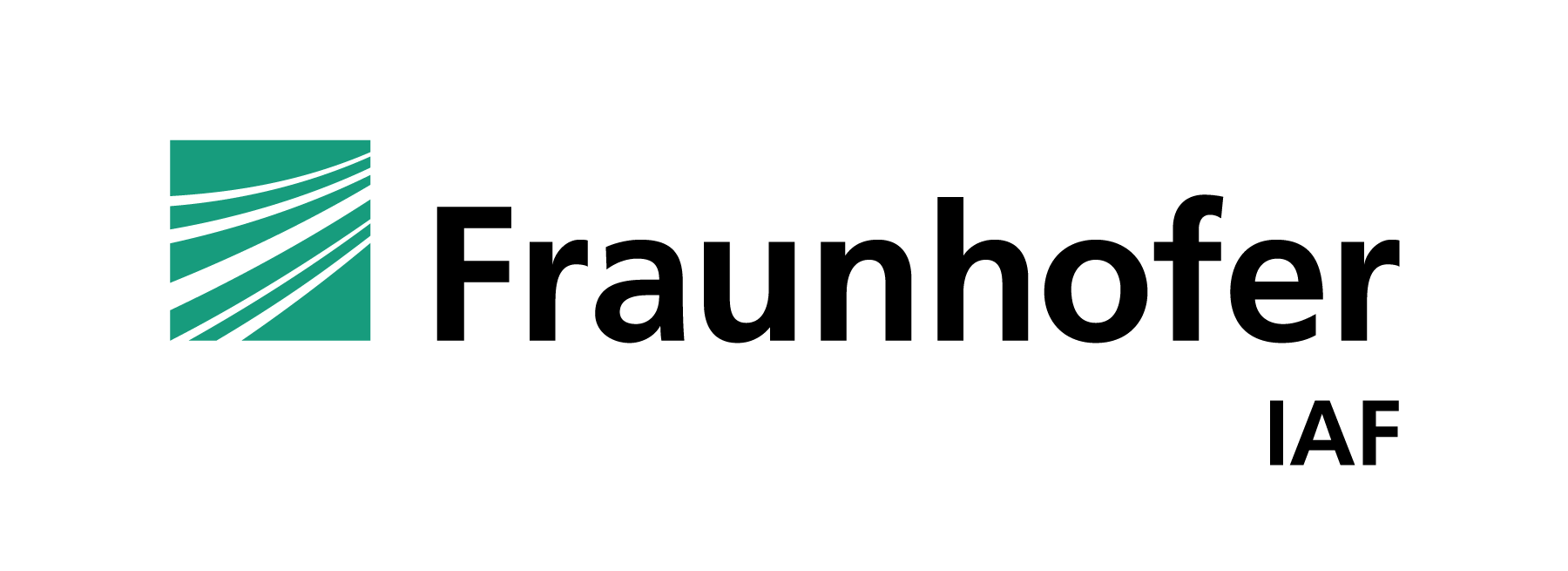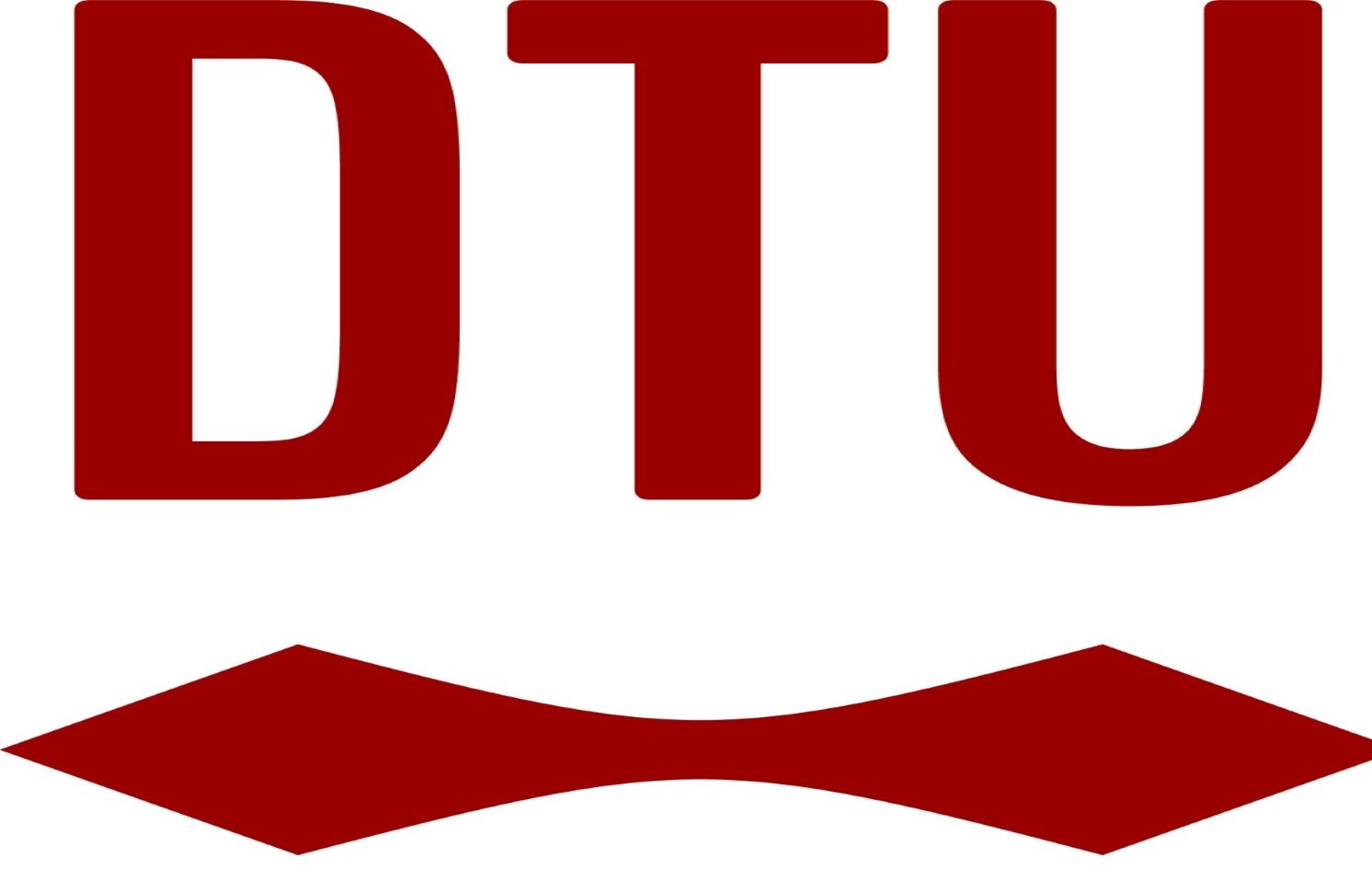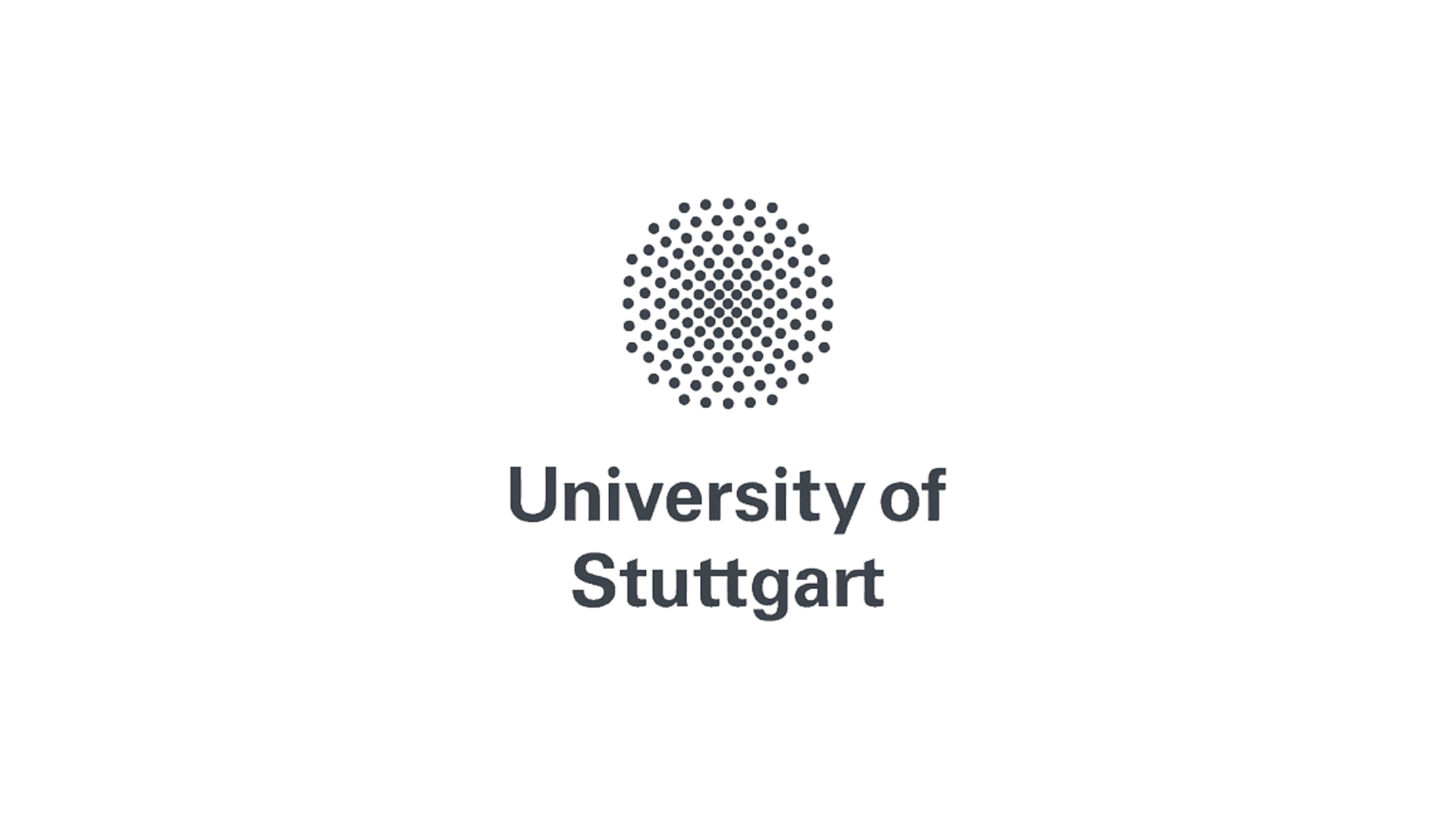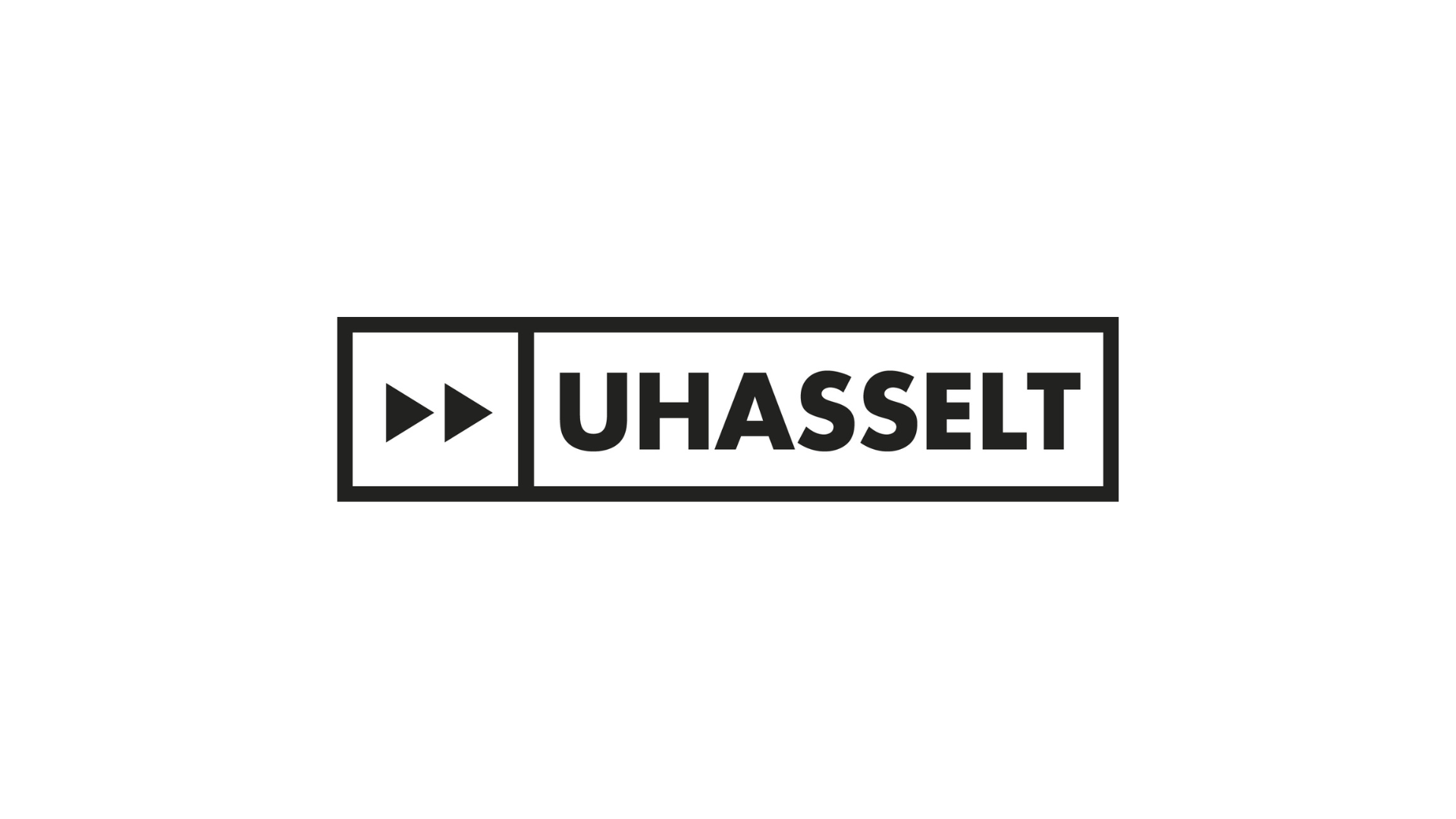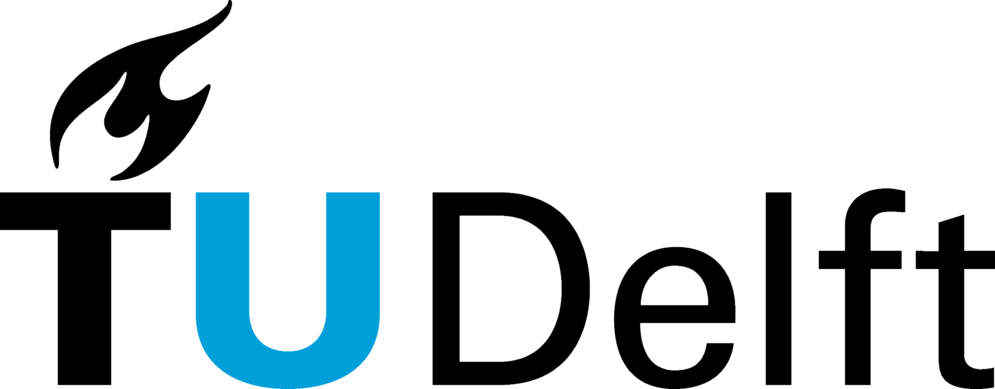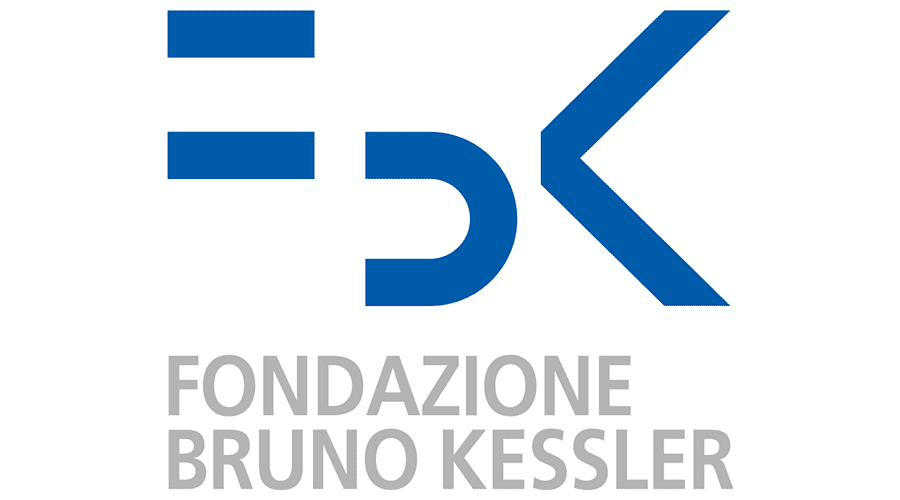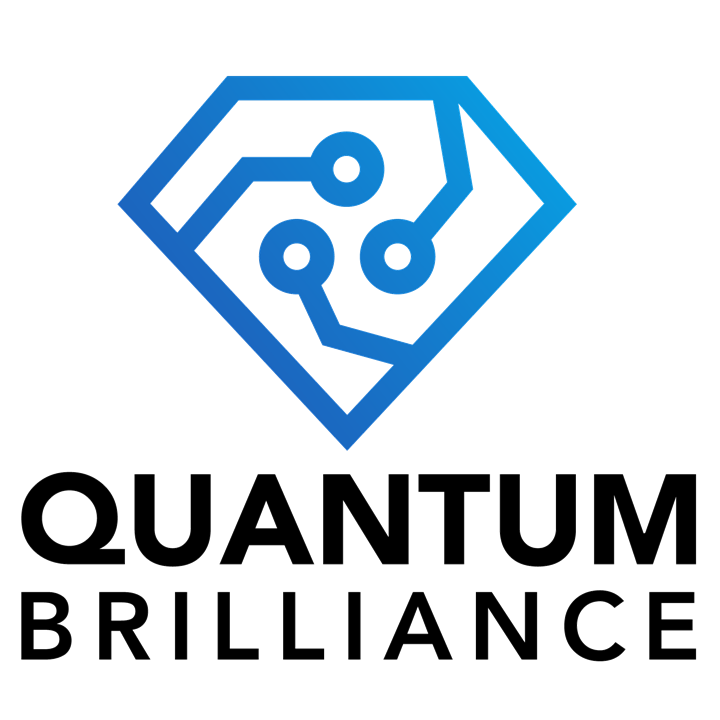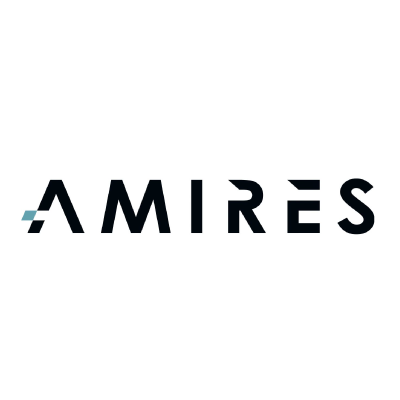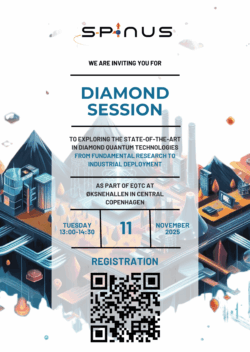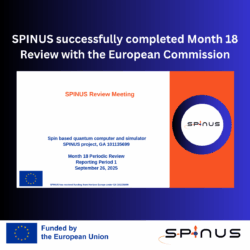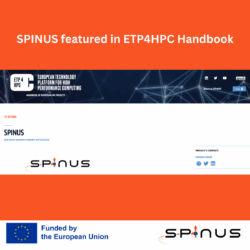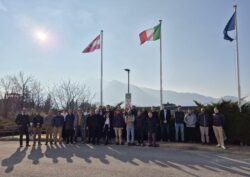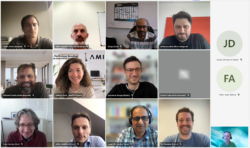Results available for download below:
SPINUS Initial communication kit



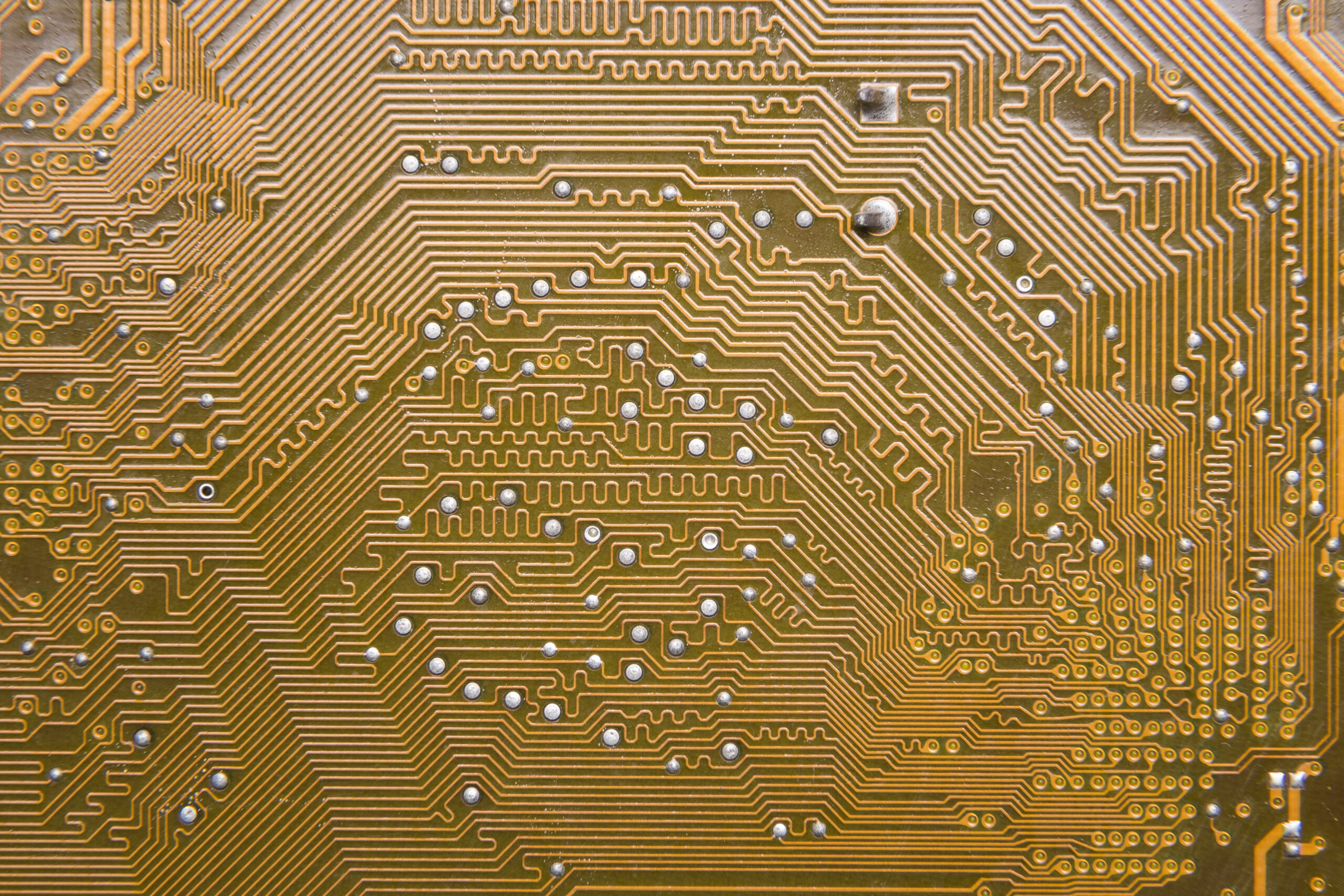


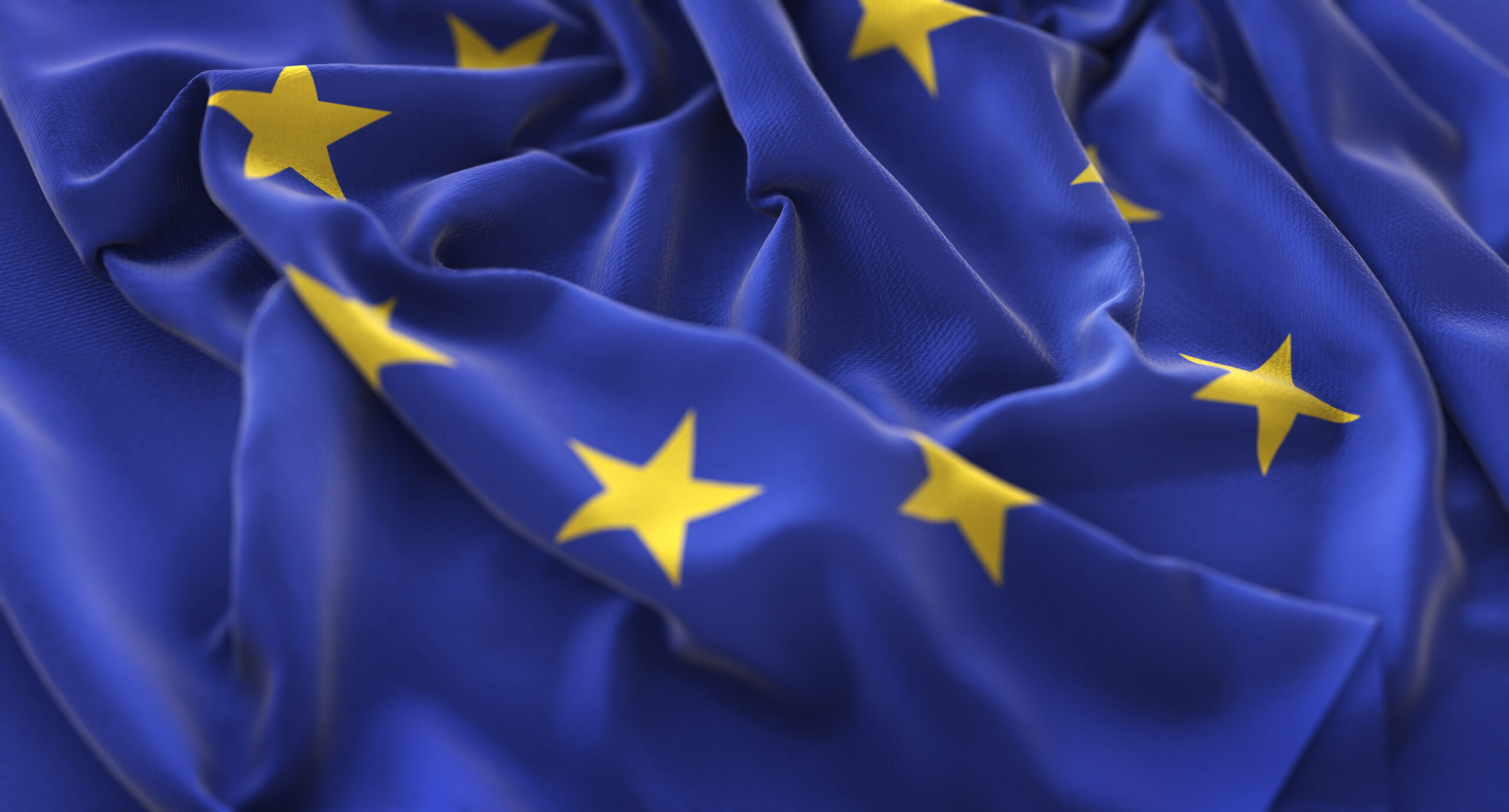
Quantum advancement: SPINUS aims to demonstrate a quantum simulator with 50+ quantum units and a quantum computer with 10+ qubits. Also, SPINUS seeks scale them up to more than 1000 quantum units and 100 qubits, respectively, within two years post-project.
SiC investigation: SPINUS will investigate SiC as a platform for spin-based quantum simulation and computing. This could allow for qubit/unit counts to exceed 100 and 1000, respectively, opening up the possibility to compete or even surpass existing technologies.
Strategic advantage: SPINUS will strengthen this position and foster collaboration between European institutions, building a common pan-European knowledge base on spin-based quantum simulation and computing.
Theoretical support for fundamental quantum operations.
Developing large coupled spin networks in 2D and 3D for prototype quantum simulators.
Creating a quantum computation platform using materials from WP1 and WP2.
Raising awareness of the potential of quantum technologies, contributing to business development, and standardization.
Ensuring qualitative, timely, and cost-efficient administration of the entire project.
Ongoing list of SPINUS-related publications, alphabetical order:
[1] R. Babar, G. Barcza, A. Pershin, H. Park, O. B. Lindvall, G. Thiering, Ö. Legeza, J. H. Warner, I. A. Abrikosov, A. Gali, and V. Ivády, “Low-symmetry vacancy-related spin qubit in hexagonal boron nitride,” npj Computational Materials, vol. 10, no. 97, Jul. 2024. [Online]. Available: https://doi.org/10.1038/s41524-024-01361-z
[2] I. Belgacem, P. Cilibrizzi, M. J. Arshad, D. White, M. Kroj, C. Bekker, M. Mazzera, B. D. Gerardot, A. C. Frangeskou, G. W. Morley, N. T. Son, J. Ul-Hassan, T. Ohshima, H. Abe, L. Vinco, D. Polli, G. Cerullo, and C. Bonato, “Broadband Fourier transform spectroscopy of quantum emitters photoluminescence with sub-nanosecond temporal resolution,” Optica Quantum, vol. 3, no. 3, pp. 335–345, Apr. 2025. [Online]. Available: https://doi.org/10.1364/OPTICAQ.565729
[3] H. Bartling, J. Yun, K. Schymik, M. van Riggelen, L. Enthoven, H. van Ommen, M. Babaie, et al., “Universal high-fidelity quantum gates for spin qubits in diamond,” Physical Review Applied, vol. 23, no. 3, p. 034052, Mar. 2024. [Online]. Available: https://doi.org/10.1103/PhysRevApplied.23.034052
[4] R. Blinder, Y. Mindarava, M. Korzeczek, A. Marshall, F. Glöckler, S. Nothelfer, A. Kienle, C. Laube, W. Knolle, C. Jentgens, M. B. Plenio, and F. Jelezko, “13C hyperpolarization with nitrogen-vacancy centers in micro- and nanodiamonds for sensitive magnetic resonance applications,” Science Advances, vol. 11, no. 8, Feb. 2025, Art. no. adq6836. [Online]. Available: https://doi.org/10.1126/sciadv.adq6836
[5] O. Bulancea-Lindvall, J. Davidsson, I. G. Ivanov, A. Gali, V. Ivády, R. Armiento, and I. A. Abrikosov, “Temperature dependence of the AB lines and optical properties of the carbon–antisite-vacancy pair in 4H-SiC,” Physical Review Applied, vol. 22, no. 3, p. 034056, Sep. 2024. [Online]. Available: https://doi.org/10.1103/PhysRevApplied.22.034056
[6] P. Deák, S. Li, and A. Gali, “Quantum bit with telecom wavelength emission from a simple defect in Si,” Communications Physics, vol. 7, no. 247, Oct. 2024. [Online]. Available: https://doi.org/10.1038/s42005-024-01834-z
[7] O. Dhungel, M. Mrózek, T. Lenz, V. Ivády, A. Gali, A. Wickenbrock, D. Budker, W. Gawlik, and A. M. Wojciechowski, “Near-zero-field microwave-free magnetometry with nitrogen-vacancy centers in nanodiamonds,” Optics Express, vol. 32, no. 11, pp. 18123–18136, May 2024. [Online]. Available: https://doi.org/10.1364/OE.521124
[8] D. Ferracin, A. Smirne, S. F. Huelga, M. B. Plenio, and D. Tamascelli, “Spectral density modulation and universal Markovian closure of fermionic environments,” Journal of Chemical Physics, vol. 161, no. 11, Sep. 2024. [Online]. Available: https://doi.org/10.1063/5.0226723
[9] N. Grimm, K. Senkalla, P. J. Vetter, J. Frey, P. Gundlapalli, T. Calarco, G. Genov, M. M. Müller, and F. Jelezko, “Coherent control of a long-lived nuclear memory spin in a germanium-vacancy multi-qubit node,” Physical Review Letters, vol. 134, no. 4, p. 043603, Jan. 2025. [Online]. Available: https://doi.org/10.1103/PhysRevLett.134.043603
[10] E. Hesselmeier, P. Kuna, I. Takács, V. Ivády, W. Knolle, N. T. Son, M. Ghezellou, J. Ul-Hassan, D. Dasari, F. Kaiser, V. Vorobyov, and J. Wrachtrup, “Qudit-based spectroscopy for measurement and control of nuclear-spin qubits in silicon carbide,” Physical Review Letters, vol. 132, no. 9, Feb. 2024. [Online]. Available: https://doi.org/10.1103/PhysRevLett.132.090601
[11] J. Hessenauer, J. Körber, M. Ghezellou, J. Ul-Hassan, G. V. Astakhov, W. Knolle, J. Wrachtrup, and D. Hunger, “Cavity enhancement of V2 centers in 4H-SiC with a fiber-based Fabry–Perot microcavity,” Optica Quantum, vol. 3, no. 2, pp. 175–182, Mar. 2025. [Online]. Available: https://doi.org/10.1364/OPTICAQ.557206
[12] T. Joas, F. Ferlemann, R. Sailer, P. J. Vetter, J. Zhang, R. S. Said, T. Teraji, S. Onoda, T. Calarco, G. Genov, M. M. Müller, and F. Jelezko, “High-fidelity electron spin gates in a scalable diamond quantum register,” Physical Review X, vol. 15, no. 2, p. 021069, Feb. 2025. [Online]. Available: https://doi.org/10.1103/PhysRevX.15.021069
[13] J. Iwański, K. P. Korona, M. Tokarczyk, G. Kowalski, A. K. Dąbrowska, P. Tatarczak, I. Rogala, M. Bilska, M. Wójcik, S. Kret, A. Reszka, B. J. Kowalski, S. Li, A. Pershin, A. Gali, J. Binder, and A. Wysmołek, “Revealing polytypism in 2D boron nitride with UV photoluminescence,” npj 2D Materials and Applications, vol. 8, no. 65, Nov. 2024. [Online]. Available: https://doi.org/10.1038/s41699-024-00511-7
[14] M. Krumrein, R. Nold, F. Davidson-Marquis, A. Bouamra, L. Niechziol, T. Steidl, R. Peng, J. Körber, R. Stöhr, N. Gross, J. H. Smet, J. Ul-Hassan, P. Udvarhelyi, A. Gali, F. Kaiser, and J. Wrachtrup, “Precise characterization of a waveguide fiber interface in silicon carbide,” ACS Photonics, vol. 11, no. 5, pp. 1564–1571, May 2024. [Online]. Available: https://doi.org/10.1021/acsphotonics.4c00538
[15] T. Lacroix, B. Le Dé, A. Riva, A. J. Dunnett, and A. W. Chin, “MPSDynamics.jl: Tensor network simulations for finite-temperature (non-Markovian) open quantum system dynamics,” Journal of Chemical Physics, vol. 161, no. 8, p. 084104, Aug. 2024. [Online]. Available: https://doi.org/10.1063/5.0223107
[16] D. M. Lukin, B. Windt, M. Bello, D. Catanzaro, M. A. Guidry, E. Lustig, S. Biswas, G. Scuri, T. K. Le, J. Yang, A. A. Nikitina, M. Ghezellou, H. Abe, T. Ohshima, J. Ul-Hassan, and J. Vučković, “Mesoscopic cavity quantum electrodynamics with phase-disordered emitters in a Kerr nonlinear resonator,” arXiv preprint arXiv:2504.09324, Apr. 12, 2025. [Online]. Available: https://doi.org/10.48550/arXiv.2504.09324
[17] A. Salhov, Q. Cao, J. Cai, A. Retzker, F. Jelezko, and G. Genov, “Protecting quantum information via destructive interference of correlated noise,” Physical Review Letters, vol. 132, no. 22, p. 223601, Jun. 2024. [Online]. Available: https://doi.org/10.1103/PhysRevLett.132.223601
[18] R. Silkinis, V. Žalandauskas, G. Thiering, A. Gali, C. G. Van de Walle, A. Alkauskas, and L. Razinkovas, “Optical lineshapes for orbital singlet to doublet transitions in a dynamical Jahn-Teller system: The NiV– center in diamond,” Physical Review B, vol. 110, no. 7, p. 075303, Aug. 2024. [Online]. Available: https://doi.org/10.1103/PhysRevB.110.075303
[19] G. L. van de Stolpe, L. J. Feije, S. J. H. Loenen, A. Das, G. M. Timmer, T. W. de Jong, and T. H. Taminiau, “Check-probe spectroscopy of lifetime-limited emitters in bulk-grown silicon carbide,” npj Quantum Information, vol. 11, no. 4, Apr. 2025. [Online]. Available: https://doi.org/10.1038/s41534-025-00985-3
[20] P. J. Vetter, T. Reisser, M. G. Hirsch, T. Calarco, F. Motzoi, F. Jelezko, and M. M. Müller, “Gate-set evaluation metrics for closed-loop optimal control on nitrogen-vacancy center ensembles in diamond,” npj Quantum Information, vol. 10, no. 94, Oct. 2024. [Online]. Available: https://doi.org/10.1038/s41534-024-00893-y
[21] H. van Ommen, G. van de Stolpe, N. Demetriou, H. Beukers, J. Yun, T. Fortuin, M. Iuliano, P. Montblanch, R. Hanson, and T. Taminiau, “Improved Electron-Nuclear Quantum Gates for Spin Sensing and Control,” Physical Review X Quantum, vol. 6, no. 2, p. 020309, Apr. 2025. [Online]. Available: https://doi.org/10.1103/PRXQuantum.6.020309
[22] Y. Wang, D. B. R. Dasari, and J. Wrachtrup, “Remote cooling of spin-ensembles through a spin-mechanical hybrid interface,” npj Quantum Information, vol. 11, no. 7, Feb. 2025. [Online]. Available: https://doi.org/10.1038/s41534-025-00968-4
[23] Y. X. Wang, T. Calarco, F. Motzoi, and M. M. Müller, “Circuit design for a star-shaped spin-qubit processor via algebraic decomposition and optimal control,” arXiv preprint arXiv:2506.16900, Jun. 20, 2025. [Online]. Available: https://doi.org/10.48550/arXiv.2506.16900
[24] G. Thiering and A. Gali, “Photoexcitation and recombination processes of the neutral nitrogen-vacancy center in diamond from first principles,” Journal of Applied Physics, vol. 136, no. 8, p. 084101, Aug. 2024. [Online]. Available: https://doi.org/10.1063/5.0221228
